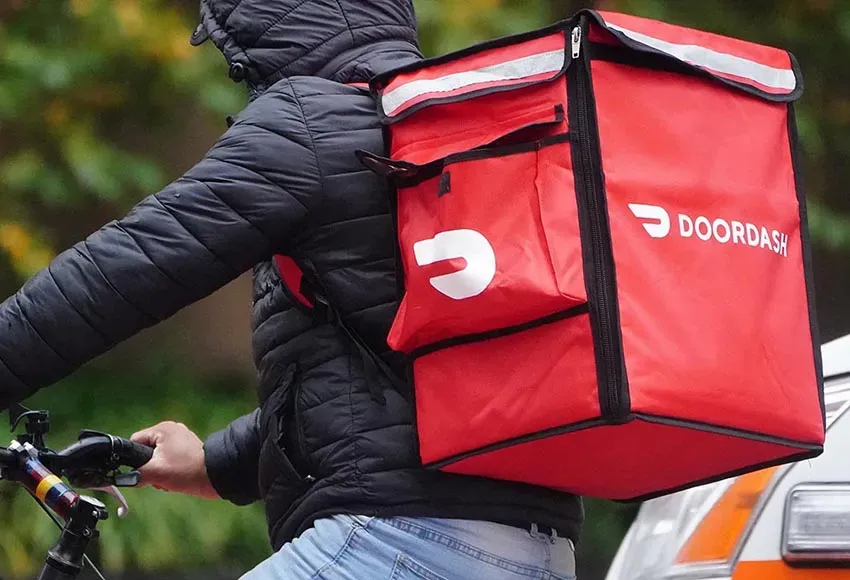The Seattle City Council passed the so-called Pay Up ordinance on May 31 in a unanimous vote.
The measure will increase the take-home pay of app-based workers like food delivery drivers by requiring companies to pay per-minute and per-mile rates to their drivers, starting form the minute the drivers accept an order.
The ordinance is designed to guarantee that gig workers receive the Seattle minimum wage – now set at $17.27 per hour – and get the standard mileage allowance set by the IRS. It goes into effect in 2023.
The bill was sponsored by Lisa Herbold and Andrew Lewis.
"We know that app-based work is one of the fastest-growing sectors in our economy, with more and more workers turning toward this type of work and not receiving the protections of basic labor standards," Herbold said.
"The passage of this legislation today would help tens of thousands of delivery drivers make ends meet, while maintaining their flexibility."
Herbold and Lewis also envision future legislation to regulate deactivation from apps and establish discrimination protection, restroom access, and other labor standards among gig workers.
According to Crosscut, some 40,000 people in the Seattle area work in app-based gig jobs, excluding Uber and Lyft drivers. Those drivers have been organized by the powerful Teamsters union and have seen some of their concerns addressed in state legislation.
The Seattle ordinance is expected to benefit people who work for DoorDash, Uber Eats, Grubhub, and similar companies, providing delivery rather than ride-share services.
Workers in the industry have complained about low pay and high expenses because they use their own vehicles for delivery. Typical expenses can include monthly oil changes, yearly brake replacements, and filling their tanks every two days in an era of high gas prices.
Workers have also noted that in spite of delivery companies' claims of flexibility, they are often penalized for turning down deliveries, typically by reducing the number of delivery offers they get in the future. Some former drivers said their accounts were even deactivated by the companies.
The new Seattle ordinance was pushed by Working Washington, a coalition of local activists and labor leaders. Gig workers don't fit into the traditional labor organizing model because they are classified as "independent contractors" rather then wage workers, and they're not tied to a specific workplace.
Seattle gig workers get a raise: City Council passes Pay Up ordinance
Share this Post:


